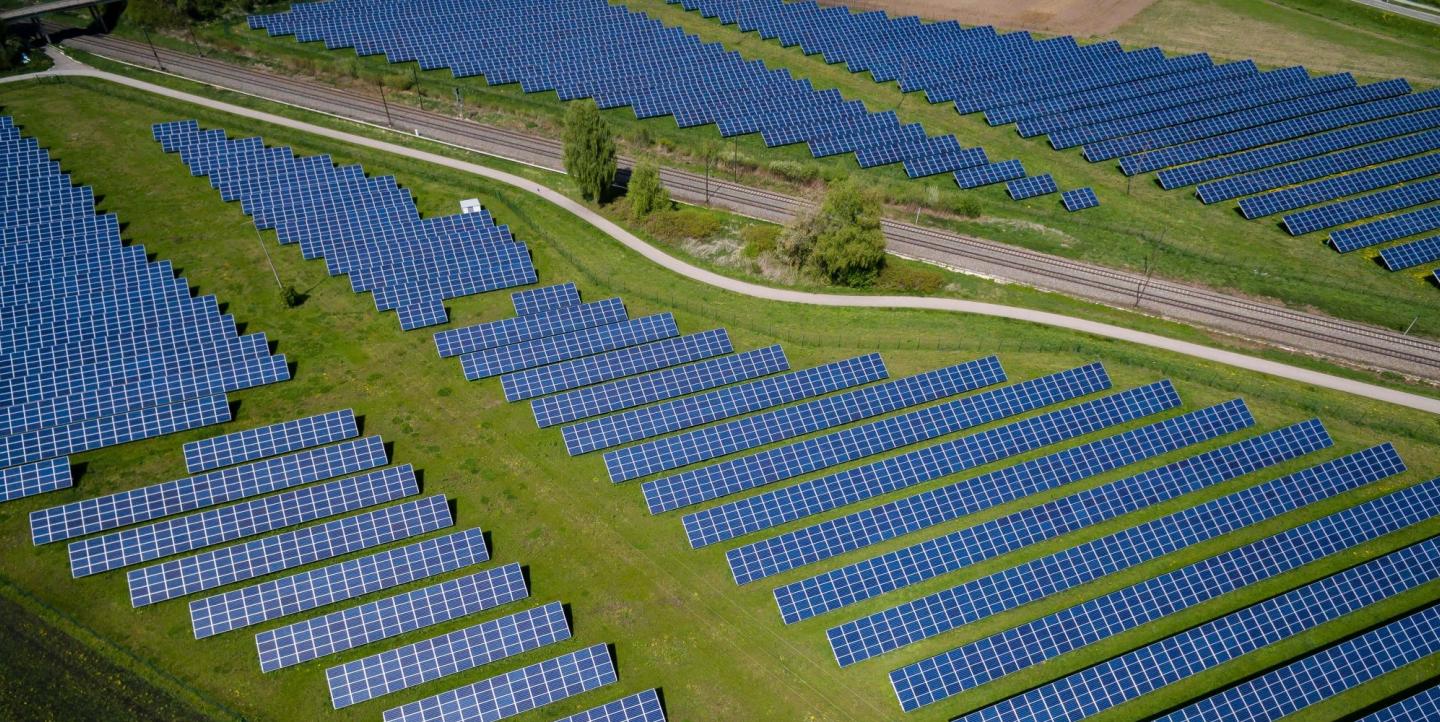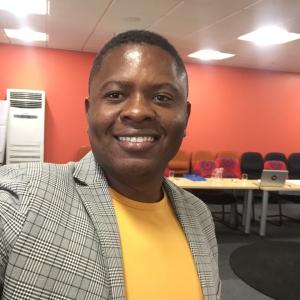Affirmed in the 2015 Paris Agreement, the concept of a just transition – an equitable, inclusive move away from high-carbon activity and toward a green economy – has gained more traction in recent years. The idea sees a successful transition from fossil fuels as inclusive and creating sufficient economic opportunity for communities globally.
“Successfully addressing the climate crisis requires a rapid, significant and sustained fall in global emissions. However, large numbers of workers and communities across the Global South are dependent on high-carbon industries for their livelihoods,” said Per Heggenes, chief executive officer of the IKEA Foundation, which recently launched a philanthropic initiative to support workers and communities in the Global South who are impacted by the transition to renewable energy. “Without the necessary support to these communities, countries will be unable and unwilling to transition to renewable energy."
Although plans adopted by countries to transition to renewable energy sources can be a positive step, journalists should focus on the question of what policies are truly “just and for whom,” said May Thazin Aung, a climate change expert at the International Institute for Environment and Development.
“To date, just transition has primarily focused on the energy sector, on the loss of fossil fuel jobs like mining and on northern countries in the developed world that have undergone significant changes in their energy portfolios, from being more fossil fuel-focused to being more focused on renewable energy,” she explained. The perspectives of voices in the Global South, meanwhile, have gone underreported.
No one-size-fits-all solution
There is no one–size–fits–all solution to a just transition, especially in the Global South, as socioeconomic conditions can vary drastically between nations, cautioned Vicky Aridi, program manager for the Youth Economic Opportunities 2030 Initiative.
Aridi advised journalists to utilize LinkedIn’s Global Green Skills Report as one tool to inform their reporting.
“How do we skill young people for the future?" Aridi asked. "[The Global Green Skills] report shows the different skills that young people and different stakeholders require when we are talking about a just transition. That is an integral report that can even help countries know what skills are needed."
Other solutions Aridi highlighted included the U.N. Environmental Program's plan to create a green universities network and Green TVET by UNESCO, which provides guidelines that higher education and vocational training institutions can use to green their curriculums. "Apart from that there is also that aspect of using low carbon accelerator hubs in country to be able to work with young entrepreneurs and innovators to provide them with skills, and journalists can tap into this as sources of information.”
Journalists should question what impact green policies and sustainability measures in wealthier countries will have on others, said Aung. For example, this Washington Post article investigated how the demand for batteries and raw materials, such as lithium, for renewable oil energy projects, are often mined from countries in the Global South.
Journalists should also cover climate negotiations taking place at major events like the United Nations’ climate change conferences to better understand how international policies impact individual countries. “Journalists must investigate who is impacted [and] who will profit from renewable energy sources on a national and regional scale, such as solar farms, hydropower and green energy advancements,” she said.
Young voices
When covering the just transition, it’s imperative that journalists focus on those who will be most affected by climate change: young people. One angle reporters can investigate is young people’s business ventures.
"Young people all over the world are venturing into climate-smart agricultural firms that use cutting-edge technology and agroforestry,” said Aridi.
She pointed to businesses operated by entrepreneurs in the Philippines and Lebanon that use cutting-edge technology to 3D-print clothing out of eco-friendly materials as just one example.
Indigenous perspectives
Journalists should also incorporate the perspectives of Indigenous people when reporting on topics related to a just transition, said Joan Carling, executive director of the Indigenous Peoples Rights International.
“It is clear that while Indigenous people are at the lowest carbon footprint because of their simple lifestyle they are at the front line or [they] suffer from the consequences of climate change,” said Carling. “At the same time, they also become victims of the just transition, which in the context of Indigenous people is an extension of colonization. This time it’s green colonization.”
Green colonialism has led to displacement, forced evictions, the devastation of food systems and livelihoods, damage to cultural heritage, and attacks on land and environmental defenders, explained Carling.
"When we defend our lands against such impositions, we are criminalized, and many of us are imprisoned or even killed for doing so,” she said. “There is also significant pollution and environmental degradation, as well as an increase in violence and abuse against women, which undermines Indigenous women's expertise and roles in resource management.”
Incorporating these perspectives can make your reporting more inclusive and push for solutions that take into account potential harmful effects on local and Indigenous communities.
Photo by Andreas Gücklhorn on Unsplash.


